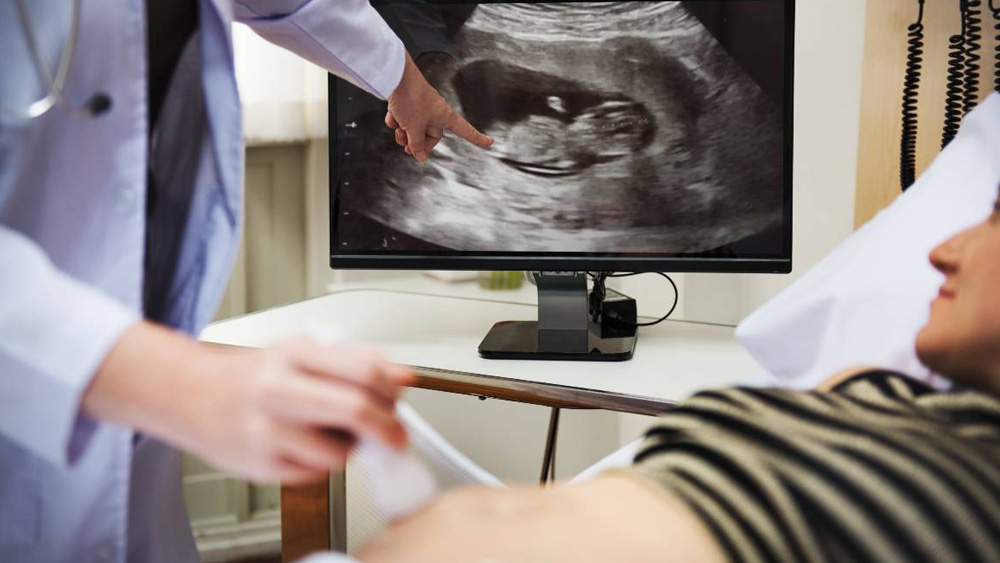Fetal Heart Scan: Understanding Echocardiography
1. Introduction:
Fetal Echocardiography (Fetal Echo) is a specialized ultrasound test used to evaluate the structure and function of a baby's heart before birth. It helps detect congenital heart defects and assess fetal heart development.
2. Purpose:
A Fetal Echo is recommended for:
- Pregnancies with a family history of congenital heart disease.
- Abnormalities detected in routine ultrasound scans.
- Mothers with conditions like diabetes, lupus, or infections that may affect fetal heart development.
- Pregnancies resulting from IVF or in cases of multiple pregnancies (twins, triplets).
- Suspicion of genetic syndromes or chromosomal abnormalities.
3. Procedure:
- The test is performed using an ultrasound probe on the mother’s abdomen.
- High-frequency sound waves create detailed images of the baby’s heart.
- The scan usually takes 30–60 minutes.
- It is painless and does not involve radiation.
4. Preparation:
- No special preparation is needed.
- Eating and drinking before the test is allowed.
- Eating and drinking before the test is allowed.
- A full bladder is not required unless advised otherwise.
5. What to Expect During the Test:
- The sonographer will apply gel to the abdomen and move a transducer over it.
- Detailed images of the fetal heart will be captured in real time.
- The baby’s heart structure, rhythm, and blood flow will be assessed.
- You may be asked to change positions for better imaging.
6. After the Test:
- Normal activities can be resumed immediately.
- The results will be analyzed by a specialist and shared with your doctor.
- Further tests or follow-ups may be suggested if abnormalities are found.
7. FAQs:
- Is Fetal Echo safe?
Yes, it is a safe, non-invasive test with no known risks. - Can it diagnose all heart defects?
While it detects many congenital heart problems, some may only be identified after birth. - When is Fetal Echo performed?
Typically between 18–24 weeks of pregnancy. - Will I need additional tests?
If any concerns are detected, follow-up scans or genetic testing may be advised.
For any concerns or specific instructions, consult your doctor or radiology center.
If you’re looking for expert fetal echocardiography in Delhi, our advanced diagnostic center provides accurate and detailed fetal heart scans conducted by experienced specialists. A fetal echo test in Delhi is typically recommended between 18 to 24 weeks of pregnancy, especially if there is a family history of heart disease, abnormal ultrasound findings, or maternal health conditions like diabetes.
